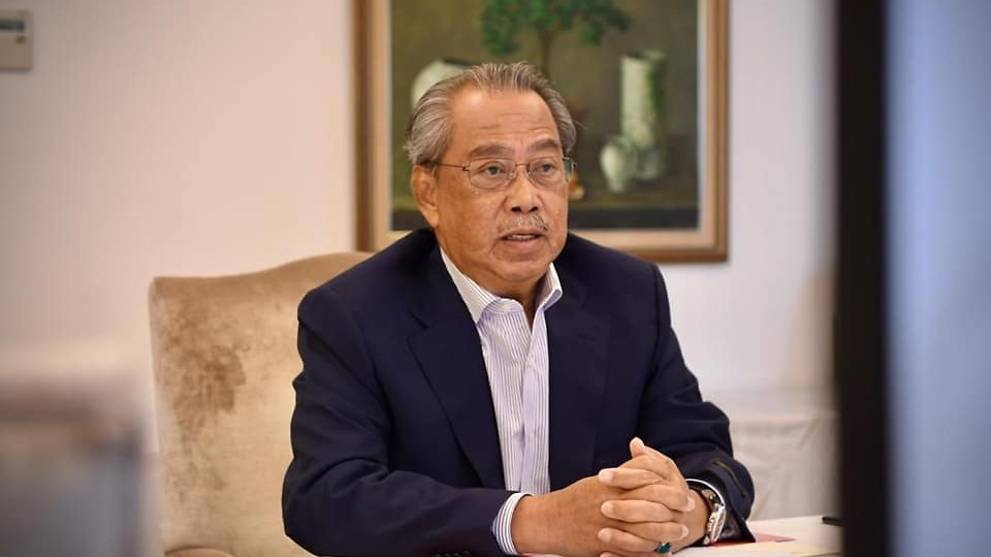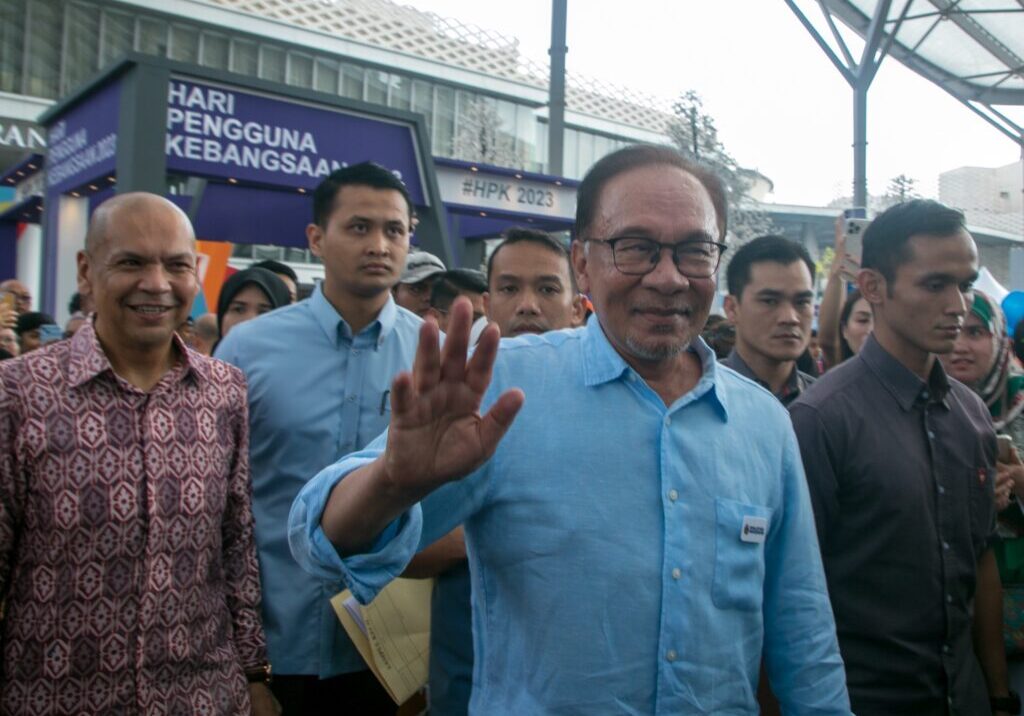Australia/Israel Review
Asia Watch: Press pause
Jan 31, 2021 | Michael Shannon

COVID-19 has often served as a potent political destabiliser, but in Malaysia’s case, the pandemic has helped preserve its shaky governing coalition. Prime Minister Muhyiddin Yassin’s declaration of a nationwide state of emergency on Jan. 12 could give him the power and time he needs to stabilise the country and retain the leadership.
In response to a coronavirus surge that is overwhelming hospitals, Malaysia’s king Sultan Abdullah Sultan Ahmad Shah issued the decree at the request of the embattled PM. The state of emergency will be in place until Aug. 1, or until the pandemic is under control. During that time, Muhyiddin and his cabinet will be granted extraordinary powers, including the right to approve laws without parliamentary approval.
The announcement has strengthened the 73-year-old Muhyiddin’s tenuous grasp on power, ending speculation that a snap election could soon be called and forestalling any attempt by his political opponents to force early polls.
Muhyiddin has spent months hanging on by a thread, facing down challenges to his leadership from both sides of the aisle. More than two dozen motions of no-confidence during parliamentary sessions last year were procedurally blocked to avoid a test of his legislative majority.
These problems stem from Muhyiddin’s elevation to PM in March 2020, a surprising beneficiary of the collapse of the Pakatan Harapan (PH) coalition, whose striking election victory in 2018 booted the United Malays National Organisation (UMNO) from power for the first time since independence in 1957.
Muhyiddin’s breakaway Parti Pribumi Bersatu Malaysia (Bersatu) faction entered a marriage of convenience with the corruption-mired UMNO, the rural Parti Islam se-Malaysia (PAS) and Gabungan Parti Sarawak. The core problem for Muhyiddin’s Perikatan Nasional (PN) Government has always been that it holds a razor-thin majority in the Parliament, one that has been under constant pressure, and that UMNO feels it has not reaped the rewards of holding the most parliamentary seats in the alliance.
The result has been a government held together by bad incentives. Muhyiddin named the biggest cabinet in Malaysian history, laden with opportunists happy to enjoy the perks that come with a cabinet position. Other rent-seekers were handed plum positions in the country’s bloated, inefficient government-linked companies.
The past few months have seen a split develop within UMNO, between those who prefer the status quo and those who are advocating a break from Muhyiddin’s smaller Bersatu. This latter group wishes to go it alone at the next election, relying on its strong political networks and deep pockets to return it to power after its shock loss in 2018. It has since poured pressure on UMNO President Ahmad Zahid Hamidi to break with Bersatu.
On Jan. 3 Zahid obliged by calling for early polls, nearly three months after the party first threatened to quit Muhyiddin’s coalition. He said Malaysians wanted to see UMNO and its Barisan Nasional bloc back in power again.
With the two parties on the verge of a schism, the Jan. 5 sacking of Barisan Nasional (BN) Secretary-General Annuar Musa, an UMNO stalwart and Muhyiddin ally who advocates for a closer alliance with Bersatu (and was not in favour of calling elections during a pandemic), appeared to indicate that the UMNO rank-and-file are rapidly moving towards severing the alliance.
After his dismissal, Annuar hit out, accusing Zahid of colluding with Opposition Leader Anwar Ibrahim in his bid to topple the PN government and even of holding backroom negotiations with the Democratic Action Party (DAP), an ethnic Chinese majority opposition party that UMNO ranks view with deep suspicion.
UMNO’s official stance is to not collaborate with Anwar or the DAP, but Annuar suggested Zahid may not be in the “right frame of mind” due to the 88 criminal charges against him on various counts of corruption, initiated by the previous PH government.
A powerful faction within UMNO, together with its supporters, is seething over the fact that Muhyiddin’s government hasn’t dropped those charges and has also overseen the criminal conviction of former prime minister Najib Razak, further fuelling opposition to Muhyiddin.
Malaysia’s mess of acronyms, shifting alliances, patronage networks and personal enmities is perplexing to the uninitiated. And the intrigue comes at a cost – a struggling educational system, a flagging economy that has been downgraded by ratings agencies, growing public anger with the political system, and now, a lagging effort to secure vital COVID vaccines.
With until at least August to get the COVID-19 situation under control, Muhyiddin has space to strike whatever political deals might enable his coalition to survive to the next election, whenever it comes. But the pandemic-induced delay appears to be merely a stay of execution for a government that was cobbled together by defections, and seems destined to also fall the same way.
Tags: Asia, Malaysia, coronavirus






